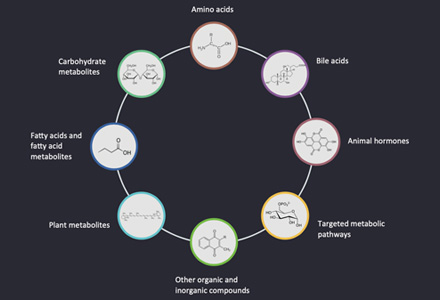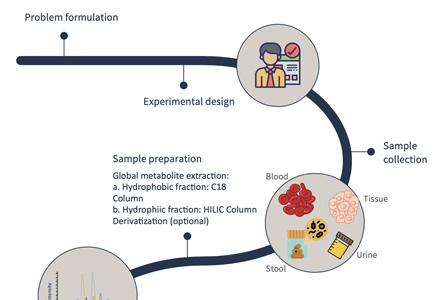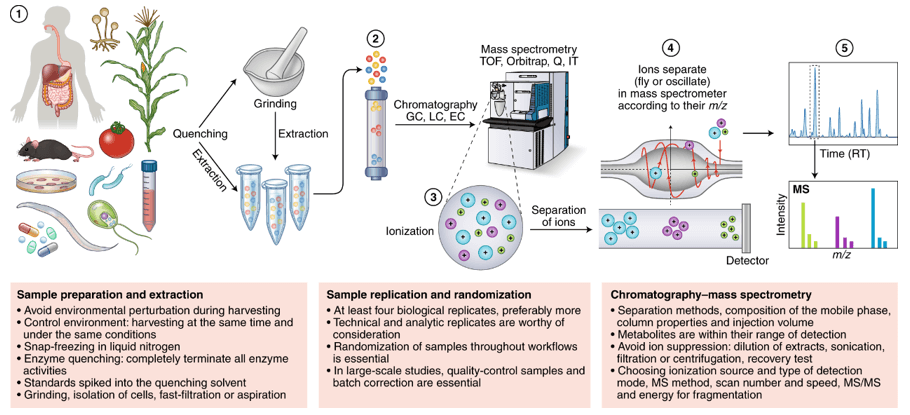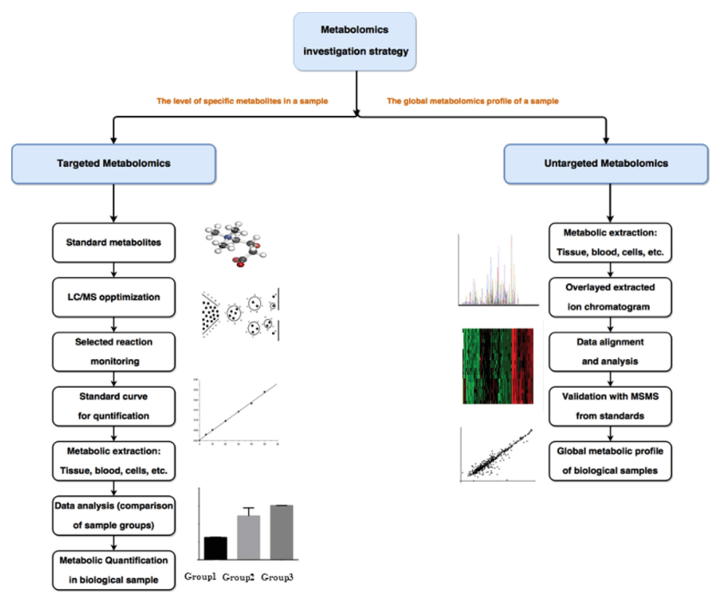Ethanol is the main component of alcoholic beverages. Excessive alcohol consumption can damage the central nervous system, cardiovascular system, digestive system and peripheral nerve endings, and can lead to mental disorders, heart failure, toxic encephalopathy, liver disease (including ethanol liver, fatty liver and cirrhosis) and polyneuritis. Excessive alcohol consumption may also cause abnormal behavior, leading to accidents and even crime. There is a growing need to detect and identify ethanol intake. Ethyl glucuronide (EtG) and ethyl sulfate (EtS) have emerged as reliable biomarkers for the detection of ethanol intake in the near future.EtG and EtS are phase II metabolites of ethanol and are slightly soluble in water. Many analytical assays have used EtG and EtS as biomarkers for definitive confirmation of ethanol intake.
Changes in endogenous metabolites through ethanol administration allow for a better understanding of the metabolic stress response. Ethanol is delivered via intragastric intubation or via a fluid diet. In this diet, animals can consume alcohol for months at a time and blood alcohol levels can be maintained at high levels. Measurements of urine, plasma and liver tissue allow characterization of ethanol metabolites and endogenous lipid changes.
Based on the UHPLC-MS technology platform, Creative Proteomics provides qualitative and quantitative analysis of ethanol and its metabolites with excellent sensitivity, reproducibility and accuracy.
The Ethanol Metabolites We Can Detect Include But Not Limited To
Applications of Ethanol Metabolites Analysis
- Analysis of biomarkers of ethanol use
- Analysis of ethanol metabolism mechanism under different conditions
- Detection of ethanol content in beverages and foods
- Analysis of alcohol metabolism rate and flavor substances
Service Workflow
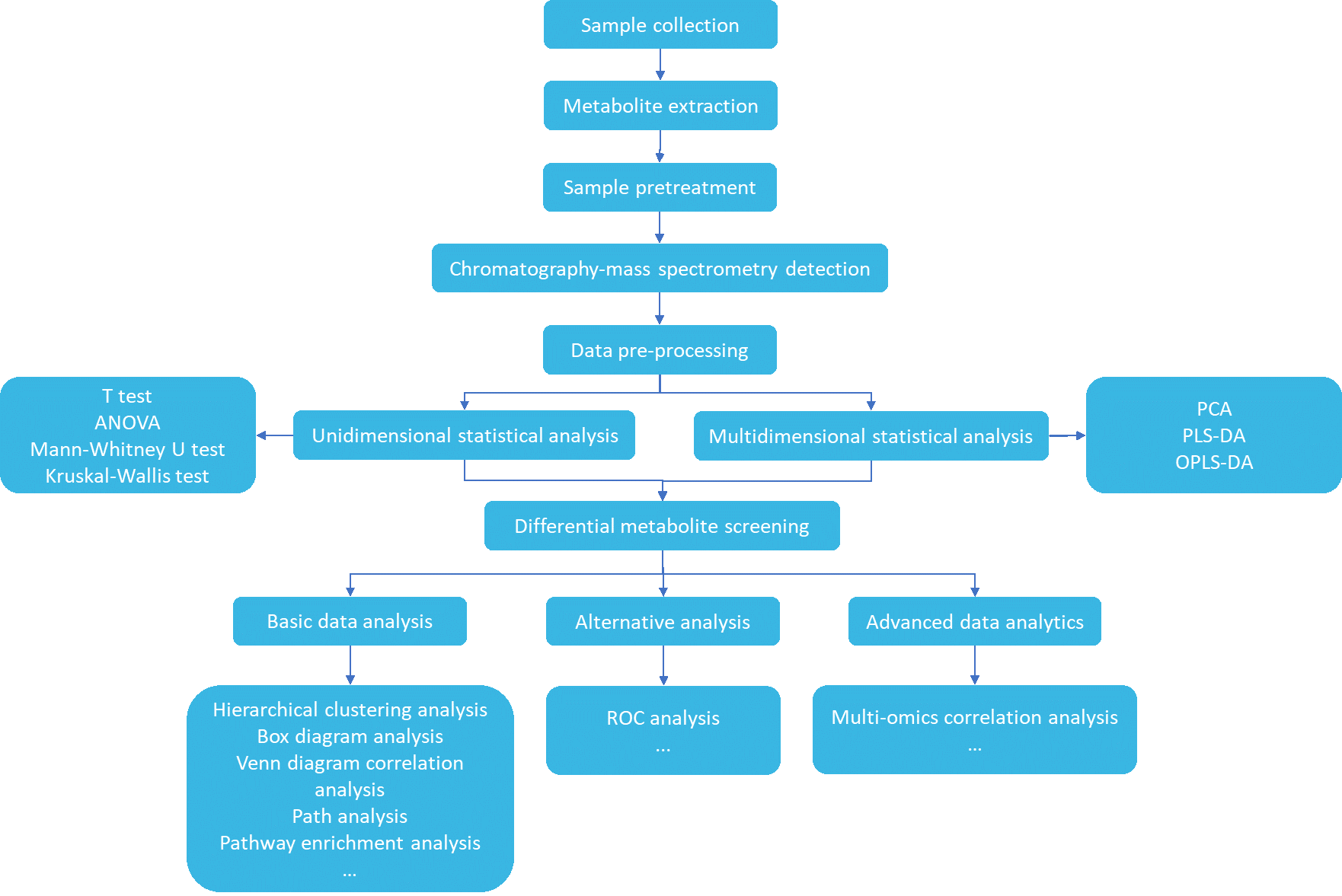
Sample Requirements
- Plasma/serum ≥300 µL
- Tissues ≥200 mg
Storage of samples: liquid nitrogen or -80°C. Sample transport: dry ice. Please contact us for other sample types.
Deliverables
- Experimental procedure
- Parameters of liquid chromatography and mass spectrometry
- MS raw data files and MS data quality checks
- Absolute quantitative data
- Custom analysis report
Project Cycle
A standard experiment and analysis process takes about 2~6 weeks.
Creative Proteomics provides ethanol metabolites quantification services with accurate and detailed data and analytical reports. If you want to detect other metabolites, you can tell us through the inquiry form, and our technicians will communicate with you.
For Research Use Only. Not for use in diagnostic procedures.



